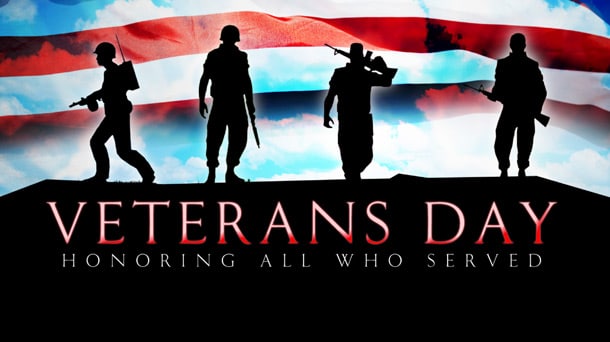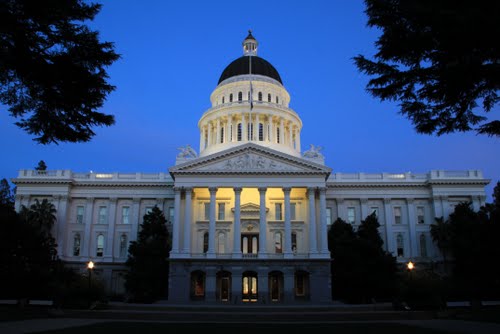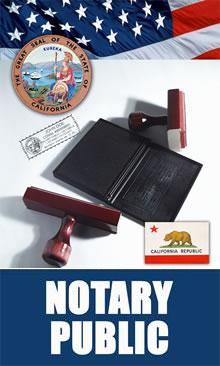Holiday Office Hours
12/24/13 – Christmas Eve – CLOSED AT 3PM
12/25/13 – Christmas Day – CLOSED ALL DAY
12/31/13 – New Years Eve – CLOSED AT 3PM
01/01/14 – New Years Day – CLOSED ALL DAY
May your Holidays be filled with joy and good cheer and the New Year
bring you peace and happiness!
Merry Christmas & Happy New Year from your friends at
Attorney’s Certified Services















